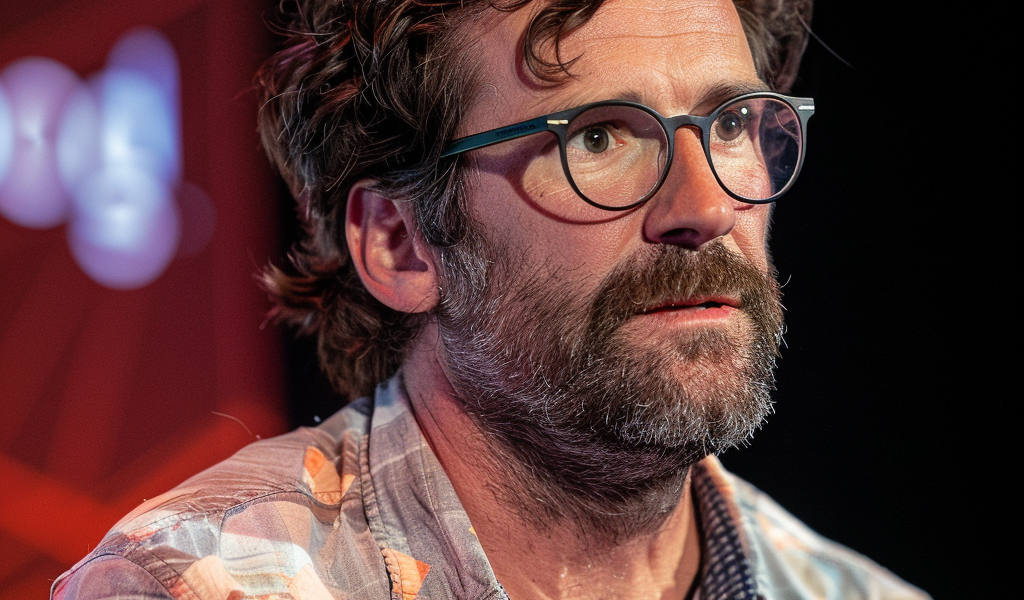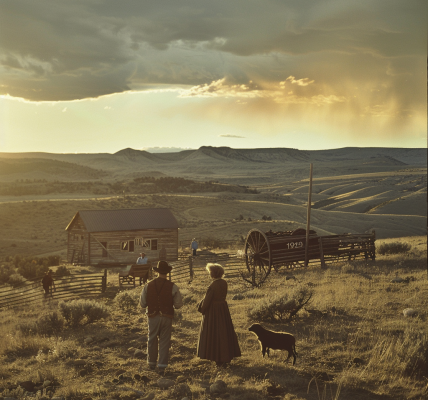Baldur’s Gate 3 director Swen Vincke recently expressed regret over the studio’s deal with Google Stadia, referring to it as “really stupid.” Vincke shared his thoughts during a panel at the Game Developers Conference (GDC) attended by IGN.
Reflecting on the early days of Baldur’s Gate 3, Vincke discussed the challenges Larian Studios faced and how they had to adapt on the fly. He also highlighted the role played by Google Stadia in the game’s reveal.
The announcement of Baldur’s Gate 3 at a Google Stadia conference in June 2019 was a significant moment, despite Stadia’s eventual failure as a product. The partnership held potential benefits, with Stadia initially offering appealing features for developers and a platform to generate buzz.
Vincke mentioned that some individuals initially felt the game might not be for them, stating, “I didn’t think it was for me, it looks like maybe a little bit too much.” This sentiment underscores the impact of the Stadia reveal and the subsequent challenges faced by the platform.





